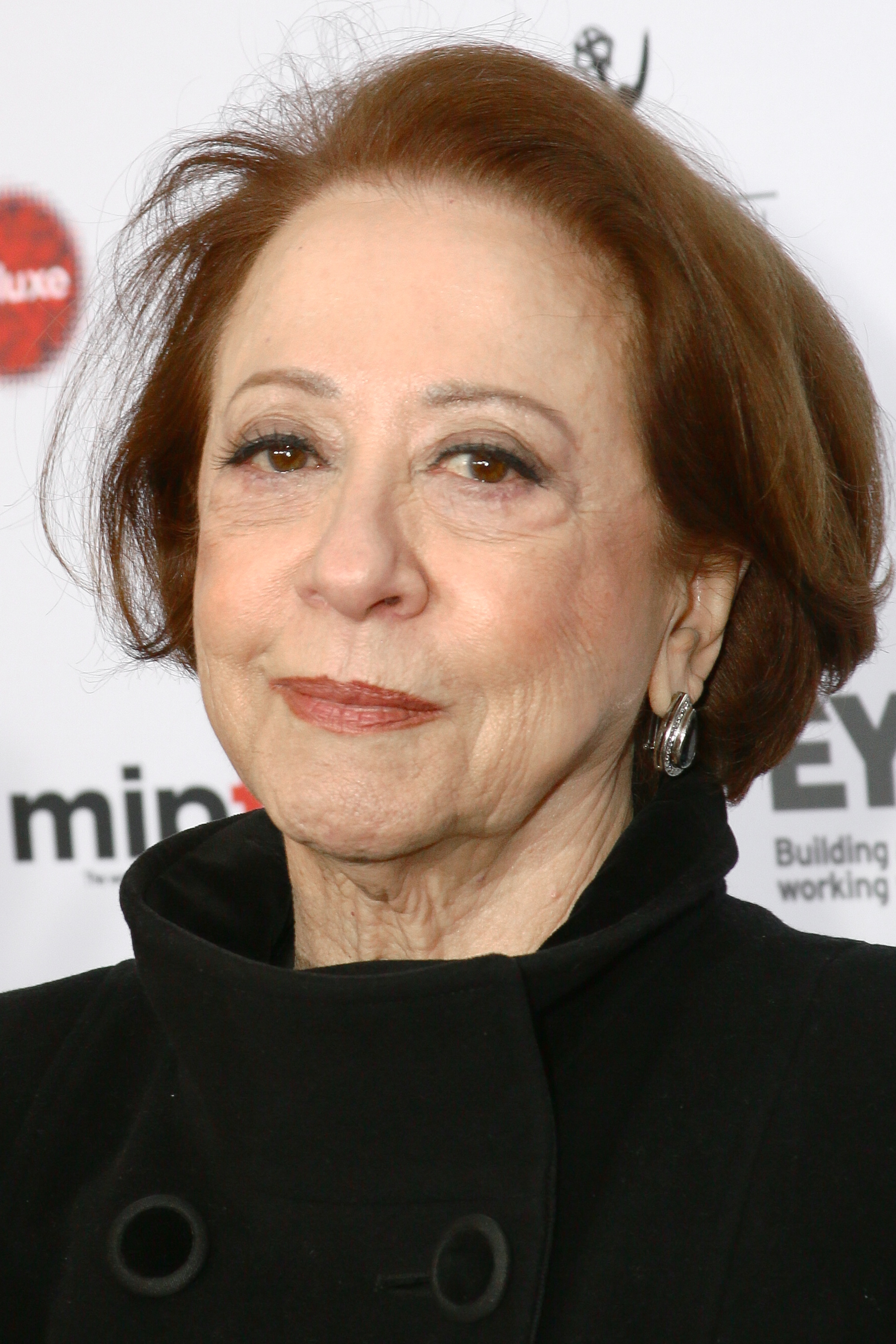
- Industry
Global Star Profiles : Fernanda Montenegro
Fernanda Montenegro told the newspaper Estado de São Paulo in 2019 as she was doing press for her latest film, Karim Aïnouz’s Invisible Life, an adaptation of a novel that was nominated for Best International Film at the Spirit Awards the following year. The grande dame of Brazilian cinema, Montenegro had three films released that year as well as her memoir ‘Prólogo, Ato, Epílogo: Memórias’.
Montenegro first gained attention in Hollywood when she was nominated for both a Golden Globe and an Oscar as Best Actress for her role in Walter Salles’ Central Station in 1999, in which she played an unsympathetic woman who redeems herself by helping a street urchin find his father. She spent time on the publicity circuit in Hollywood explaining her then five decades-long career in Brazil to journalists. Reflecting on the attention, she told the Los Angeles Times: “It was like a trip to Jupiter.” On The Late Show with David Letterman, she described herself as “the old lady from Ipanema.” Meanwhile, Salles, who had written the part specifically for her, told the Times, “Fernanda becomes the co-author of every project she elects to make.” The film won the top prize at the Berlin International Film Festival and the Golden Globe for Best Foreign Language Film as well.
She turned down every single offer to work in non-Brazilian films after her nomination and went back to Brazil, telling the New York Daily News, “I come from a forgotten corner of the world that produces much that is wonderful but speaks Portuguese. To work here? What kind of process leads to that? In Brazil, I have a life. Here, I have an accent.”
Alegres Canções nas MontanhasPouco Amor Não é Amor. Her first film was A Falecida in 1964.
Eles Não Usam Black-Tiemso-color-alt:windowtext’>O Que é Isso, Companheiro?) Javier Bardem’s mother. The film didn’t get very good reviews – fans were referred to the book and told to skip the movie.
windowtext’>windowtext’>’Judi Dench.

